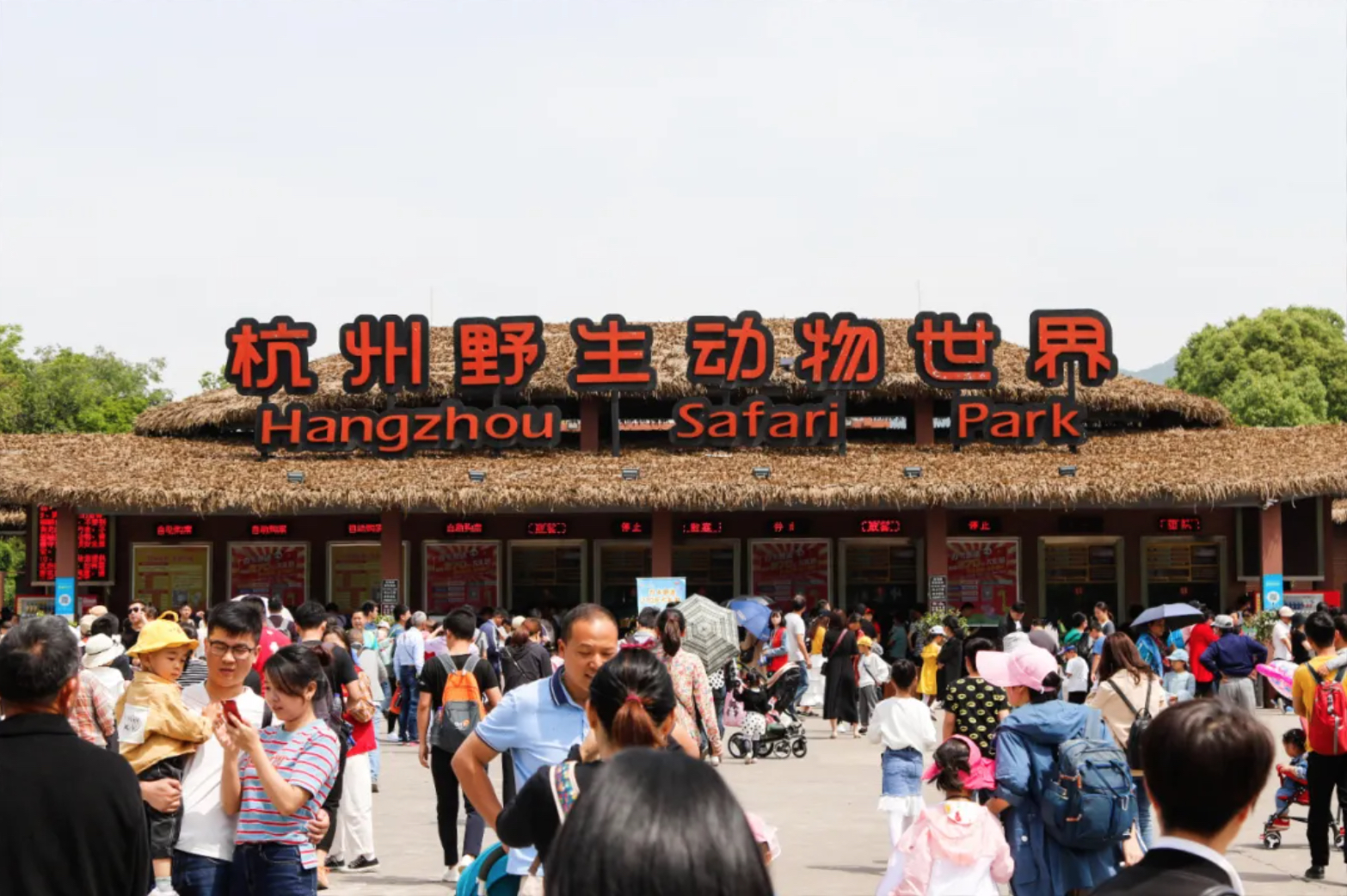Hangzhou safari park hides leopard escape for weeks, citing fear of losing visitors
Three leopards escaped from a safari park in Hangzhou over the weekend, but like the mayor from Jaws, the park’s management told tourists to keep coming.

Authorities in Hangzhou are racing against the clock to hunt for the last of three leopards that escaped their enclosure in a local safari park on April 19. Five employees of the park are currently under criminal investigation for concealing news of the breakout for nearly three weeks and lying to law enforcement about the incident.
Witness accounts of the escaped animals emerged as early as May 1 when a villager living near the Hangzhou Safari Park spotted one of the wild cats while harvesting tea leaves on a mountain. In the following days, the leopards apparently made their way to urban areas in the city, as shown by surveillance video cameras in multiple residential compounds in the district where the park was located.
The park initially denied that the leopards had slipped out of their enclosure at the facility, assuring the public that the panic was unnecessary. But as more locals contacted authorities to report leopard sightings, search efforts started over the past weekend, with hundreds of volunteers and professionals using drones and hunting dogs to look for the escaped animals.
So far, two of the missing cats have been safely recaptured and tranquilized. But the third remains at large. According to local media (in Chinese), a team of over 1,000 searchers is following paw prints left by the feline, which they believe is “too exhausted to run any further” after days of starvation.
Even as the intense search was underway, the safari park still attempted to keep the news to itself. On Saturday morning, the park announced a temporary closure due to what it called “safety concerns,” in a now-deleted Weibo post (in Chinese) that had no mention of the escaped leopards. But a few hours later — presumably after police interrogation — the park issued another statement (in Chinese), apologizing for not alerting people sooner.
In defense of its delay, the park explained that because the escaped leopards were all juveniles and “were not aggressive toward humans,” it believed that publicizing the matter would achieve nothing but would “needlessly cause paranoia among the public.”
The explanation, however, did not satisfy Hangzhou officials, who said (in Chinese) at a press conference today that five people in charge of the park, including its general manager and legal representative, had been taken into police custody, and that an official probe had been launched. They also revealed that the leopards escaped about three weeks because two caretakers had failed to follow “safety operating procedures” when cleaning their enclosure. After the escape, the park’s management team decided to carry out searches in secret over fears that reporting the incident would negatively impact the flow of tourists during the five-day Labor Day holidays earlier this month.
Over the weekend, Chinese social media was abuzz with updates and discussion about the runaway leopards. Many internet users were up in arms over the park’s lack of transparency, arguing that its belated action endangered not only the public, but also the lives of the leopards.
Established in 2002, the Hangzhou Safari Park is one of the largest such attractions in eastern China, housing around 10,000 animals of more than 200 species. As a major tourist attraction in Hangzhou’s Fuyang District, the park has the capacity to accommodate roughly 60,000 visitors a day, with general admission tickets being 220 yuan ($34) for adults and 140 yuan ($21) for children.






